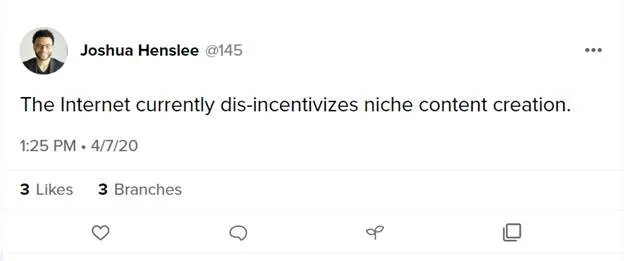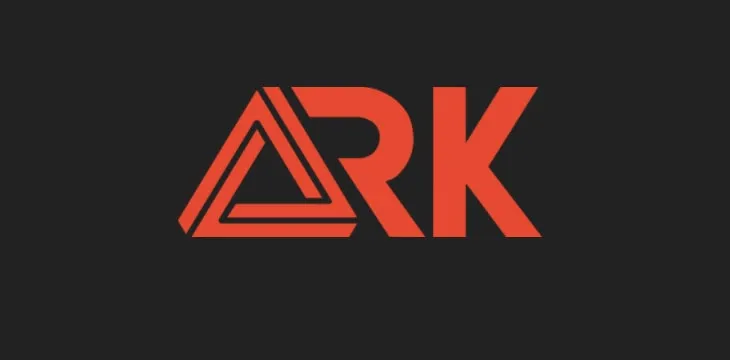|
Getting your Trinity Audio player ready...
|
https://t.co/1B7VmQoHx7 is ready and we are looking for people that want to create new worlds pic.twitter.com/4uSwnzmlTL
— Ark (@arkstreams) April 15, 2020
Ark.page is your personal library on Bitcoin SV where you can earn Bitcoin for curating content. Instead of pillaging your data to determine which ads or promotions to show you, Ark seeks to give control back to the user. This is done through incentivizing curation of content via micropayments. Users can seamlessly save links from the Internet onto their ‘Ark’ by pasting a link into their smartphone app, or an easy one-click archive button from its Google Chrome extension.
In the mobile app users can read, listen via its text-to-speech function, and archive the content (encrypted) onto the Bitcoin SV ledger. Once content is added to their Ark, if that user finds a piece of content particularly valuable, they can pay a small amount of Bitcoin to share the link to a common feed that other users can view. Users can tip the curator and/or save the link themselves (which also pays the curator) for their own viewing later.
This incentive model implies that only content that users think that others may learn from would be curated. This concept is in direct opposition to the incentive model of the Internet today, where curation is cheap, and massive spam is effective.
Ark is a place where one can go to ‘chill out’ and take their time to enjoy content they elected to consume—a stark contrast to being blasted with popups and overt ads.
8/ Meanwhile the worlds they govern have become drab and joyless and where confusion reigns as users are mandated what to think by bureaucratic algorithms. https://t.co/KSWxDr2Eq7
— Ark (@arkstreams) April 22, 2020
Algorithms are not used in Ark; users will see content based on human interaction and thought. Feeds will be dictated by market forces, not from the top-down by tech conglomerates. Users will be able to view how many tips and saves a link has, a clear indication of which pieces of content the market values. Ark is a human driven platform that leverages technology—not the other way around. Bitcoin does provide the technological features such as micropayments, identity structures and data ownership that make Ark possible, but is supplemental.
Historically, humans have learned from each other more intimately in classrooms, from friends, family, or those within their community. The Internet has provided new mechanisms for people to research via impersonal, algorithmic search engines.
5/ The internet is the apex predator of our media ecosystem.
Like other media it takes our multidimensional and parallel world and creates unidimensional single threaded narratives.
It has become hard to distinguish when the Internet reports reality and when it creates it. pic.twitter.com/BrwaChGWm0
— Ark (@arkstreams) April 22, 2020
A negative side-effect of this is that whatever content these engines report as the top result are perceived as ‘good’ or ‘correct’. A strong incentive exists to continuously promote this ‘popular’ content regardless of quality, as it will get the most attention.

Consequently, niche material is difficult to find online as there lacks the needed incentives to share it.
Personally, I have used Ark to save off niche content I enjoy such as old-school RPG gaming articles and mechanics. These communities that created this material do exist and tend to be friendly, tight-knit, and informational.
Given the niche nature, most people are not aware of its existence. This is where Ark fulfills the role of not only providing a platform to learn from others, but the proper incentive structure to do so as well.
13/ With less noise and more balance in our lives we can begin to build new worlds where people pay attention. https://t.co/RuDqzxKZVI
— Ark (@arkstreams) April 22, 2020
Humans love novelty and Ark is a place it can be found. As the platform scales, I foresee smaller, stronger communities forming together to create environments where people can learn from one another. Instead of attention being siphoned from the popular Internet, it can be redirected towards what one genuinely enjoys.
Follow Ark on Twitter and use the beta here.

 07-11-2025
07-11-2025 





